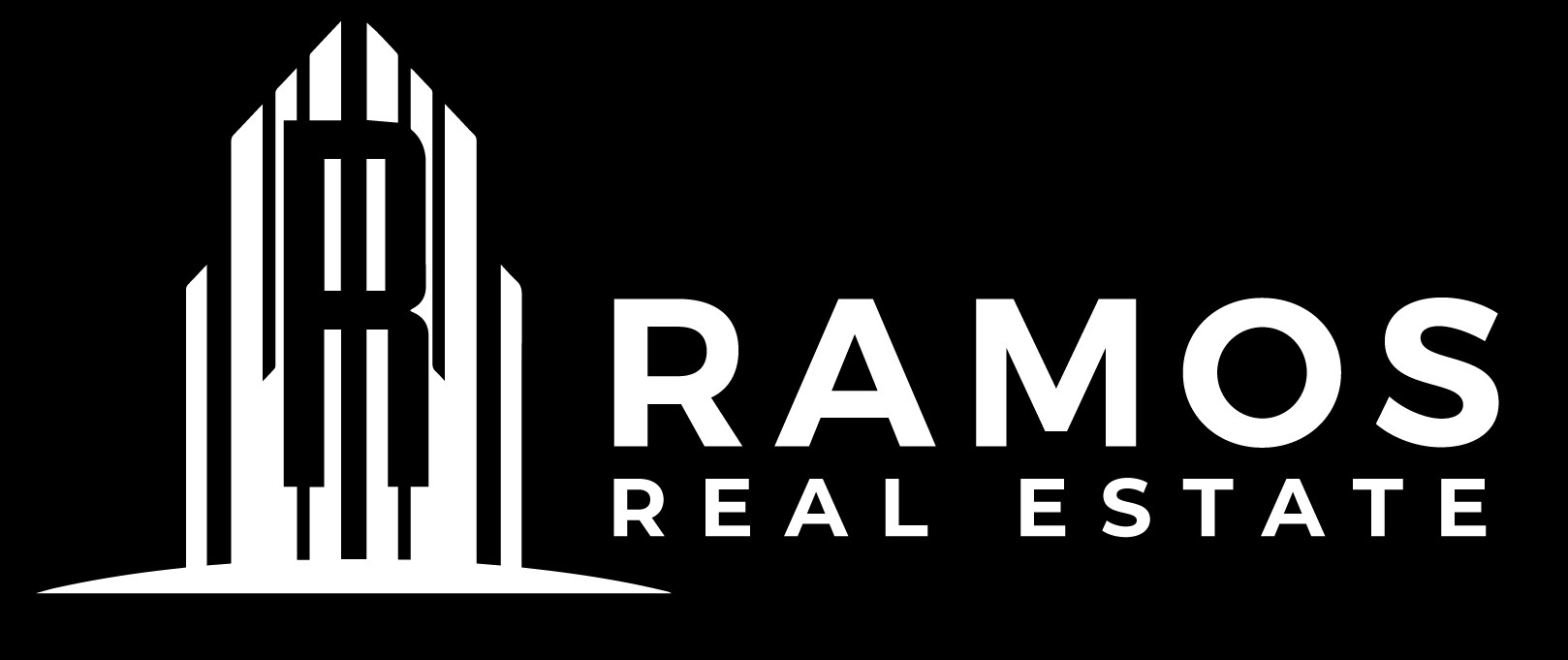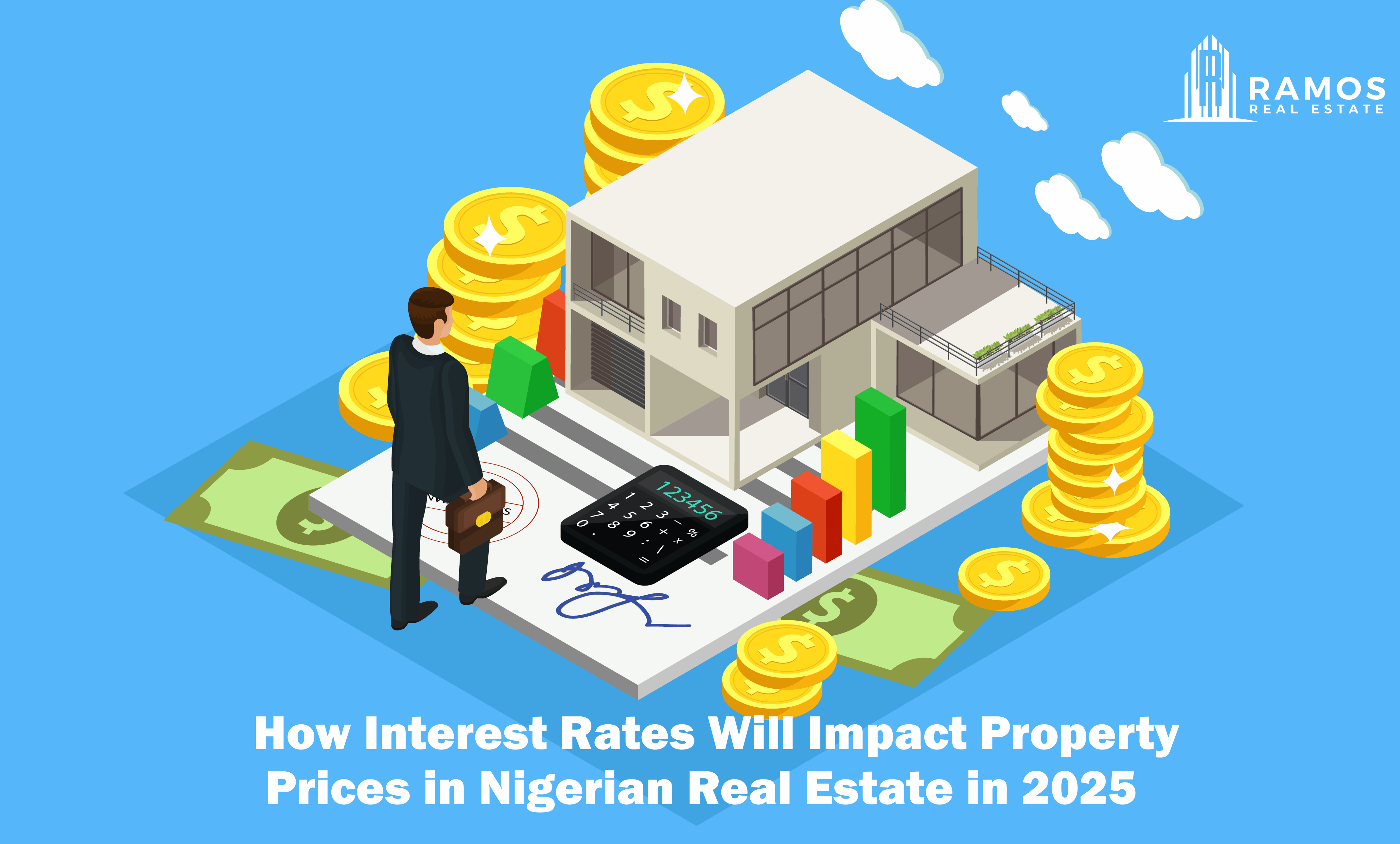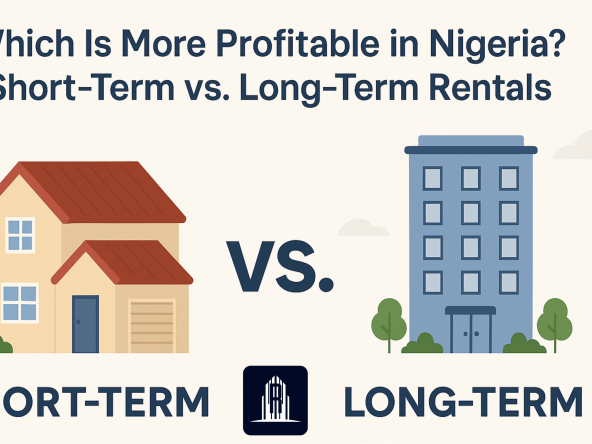Interest rates play a crucial role in determining property prices, influencing both buyers and developers in the Nigerian real estate market. As we approach 2025, fluctuations in interest rates are expected to have significant consequences on affordability, investment trends, and overall market dynamics. This article explores the potential impact of interest rate changes on property prices in Nigeria.
Understanding Interest Rates and Real Estate
Interest rates, set by the Central Bank of Nigeria (CBN), affect mortgage rates, construction loans, and overall borrowing costs. Higher interest rates make financing more expensive, reducing the purchasing power of potential buyers and increasing development costs for builders. Conversely, lower interest rates encourage borrowing and can lead to increased property demand.
Projected Interest Rate Trends in 2025
Given Nigeria’s economic climate, interest rates in 2025 may be influenced by factors such as inflation control measures, government fiscal policies, and global economic trends. If the CBN raises interest rates to curb inflation, borrowing costs will rise, potentially slowing real estate transactions. On the other hand, if rates remain stable or decline, more individuals and businesses may take advantage of affordable financing options.
Impact on Property Prices
- Reduced Demand for Properties
Higher interest rates increase mortgage rates, making homeownership more expensive for buyers. This could lead to reduced demand, causing property prices to stabilize or decline, especially in high-end markets like Lagos and Abuja. - Increased Cost of Development
Developers rely on loans to fund construction projects. Higher interest rates increase financing costs, which may lead to a rise in property prices as developers pass these costs onto buyers. However, if demand weakens, developers may need to adjust prices to attract buyers. - Opportunities for Cash Buyers
Investors with cash reserves may benefit in a high-interest-rate environment. With fewer buyers relying on loans, cash buyers could negotiate better deals on properties as sellers become more willing to offer discounts. - Shift in Investment Strategies
Higher interest rates may push investors towards rental properties instead of flipping houses. Rental demand could increase as fewer people qualify for home loans, driving up rental prices and making buy-to-let investments more attractive.
Mitigating the Impact of Interest Rate Changes
- Exploring Alternative Financing: Buyers can seek flexible mortgage plans or explore partnerships to lessen the burden of high-interest rates.
- Government Policies & Incentives: If the government introduces subsidies or tax breaks for homebuyers, it could mitigate the negative effects of high-interest rates on affordability.
- Diversification in Property Investment: Investors should consider different segments of the market, such as short-term rentals or commercial real estate, which may be less affected by interest rate changes.
Conclusion
Interest rates will continue to be a key determinant of property prices in Nigerian real estate in 2025. While higher rates may slow demand and increase development costs, they also create opportunities for cash buyers and rental market growth. Understanding these dynamics will be crucial for investors, developers, and homebuyers looking to navigate the evolving real estate landscape in Nigeria.





